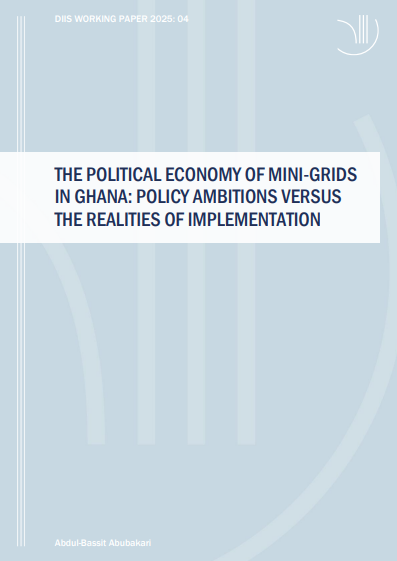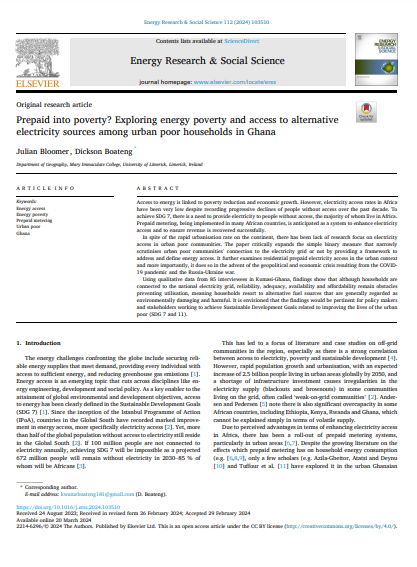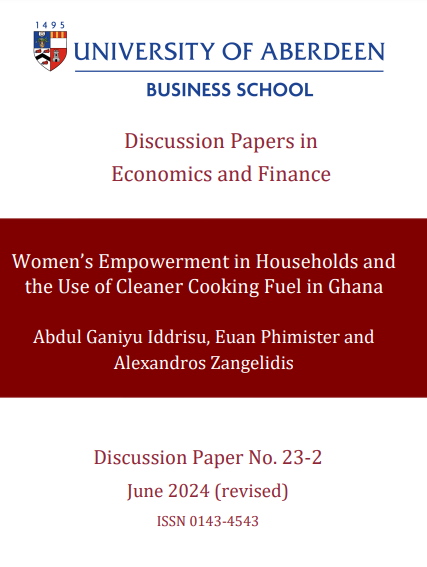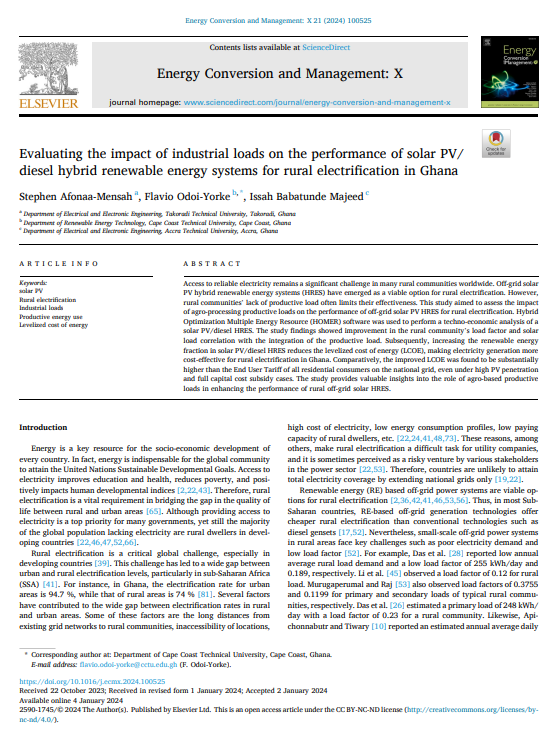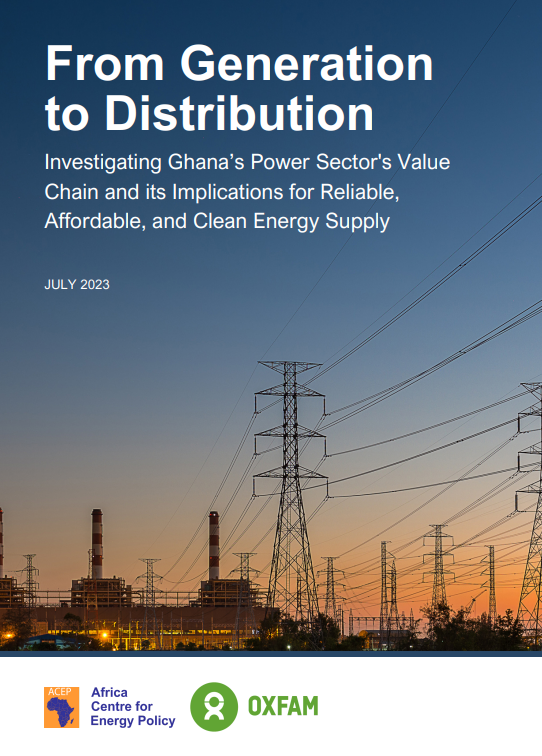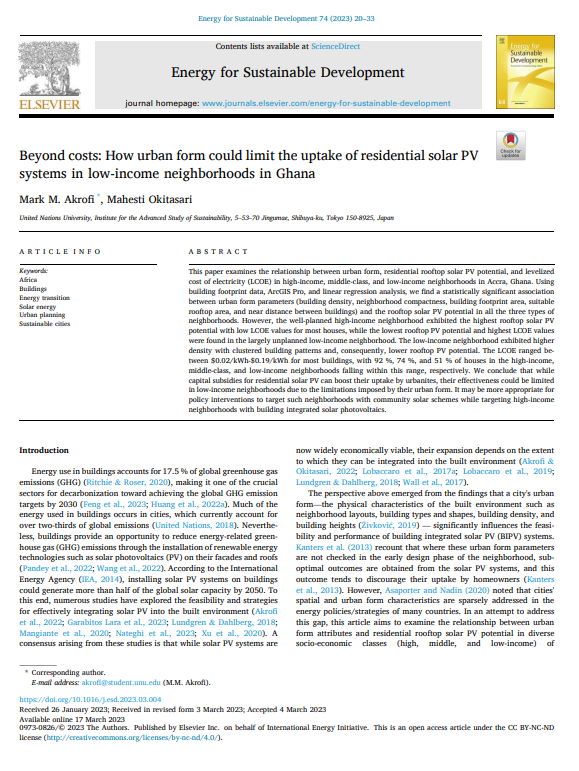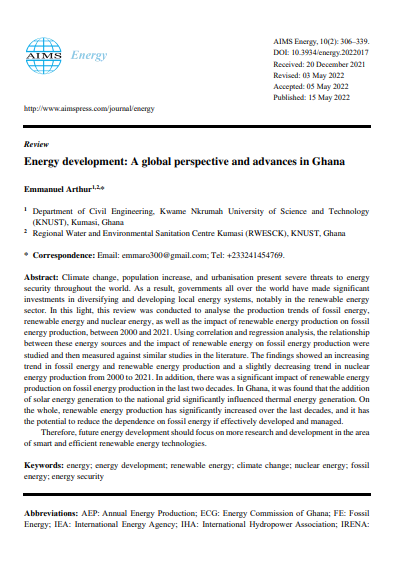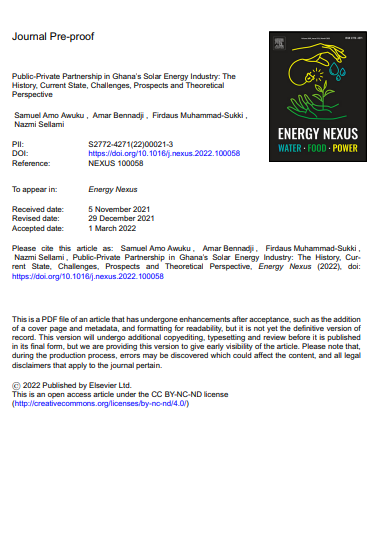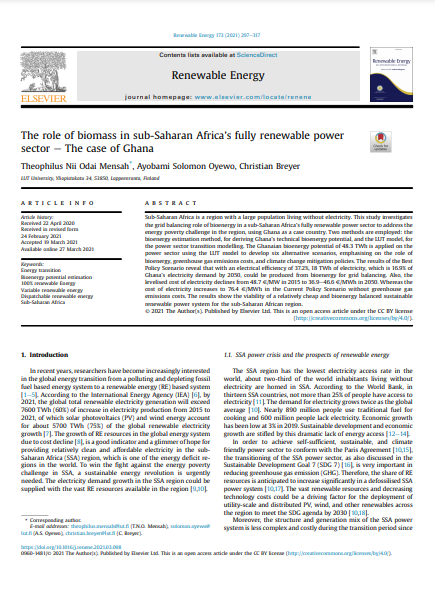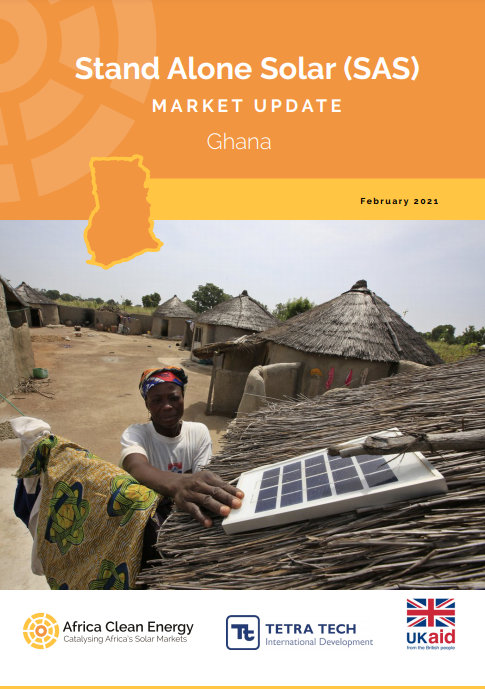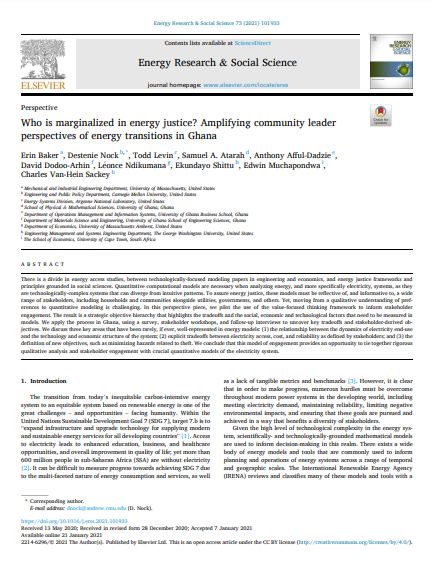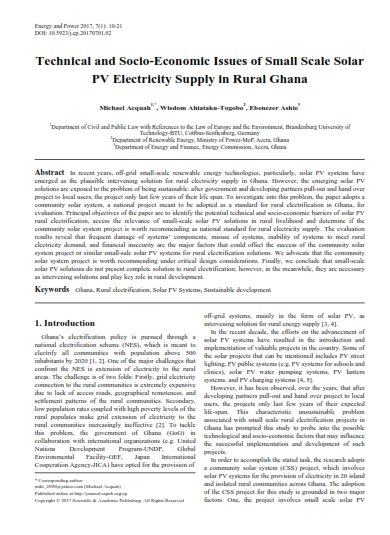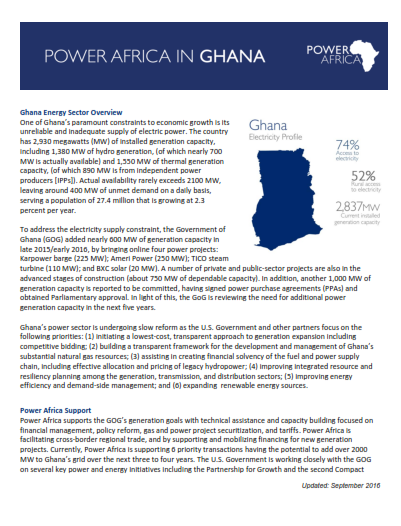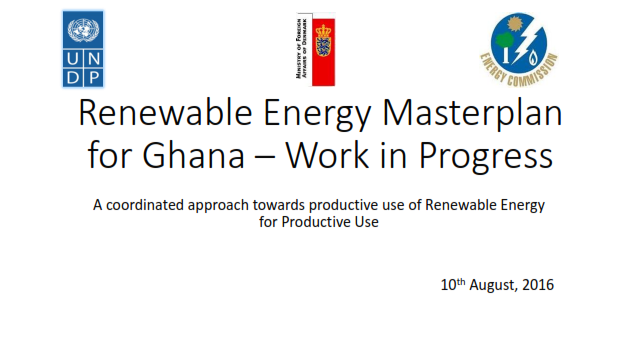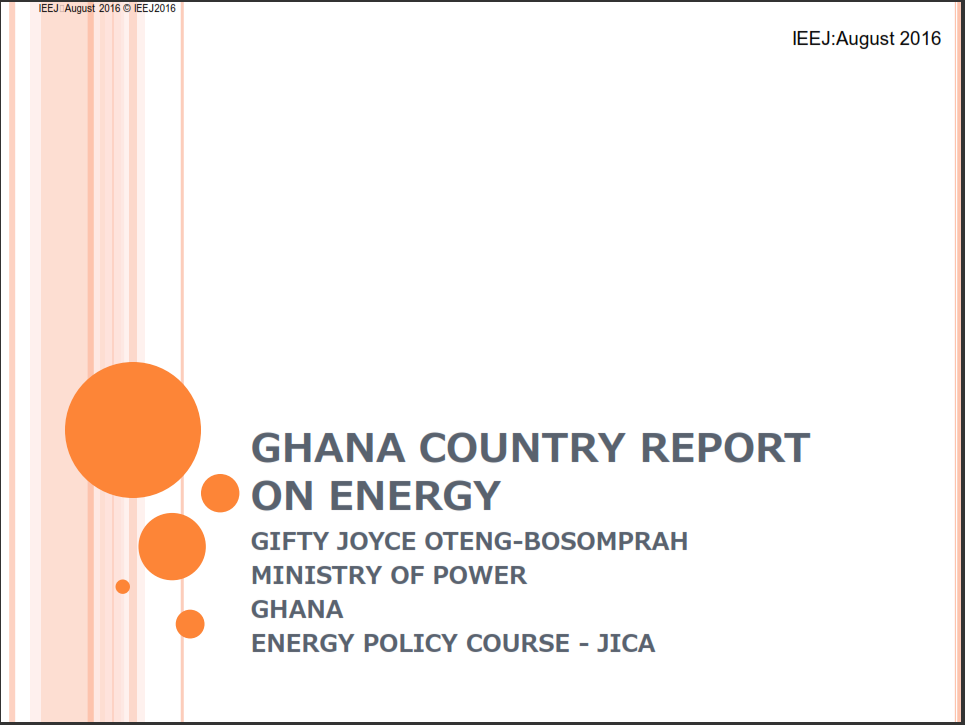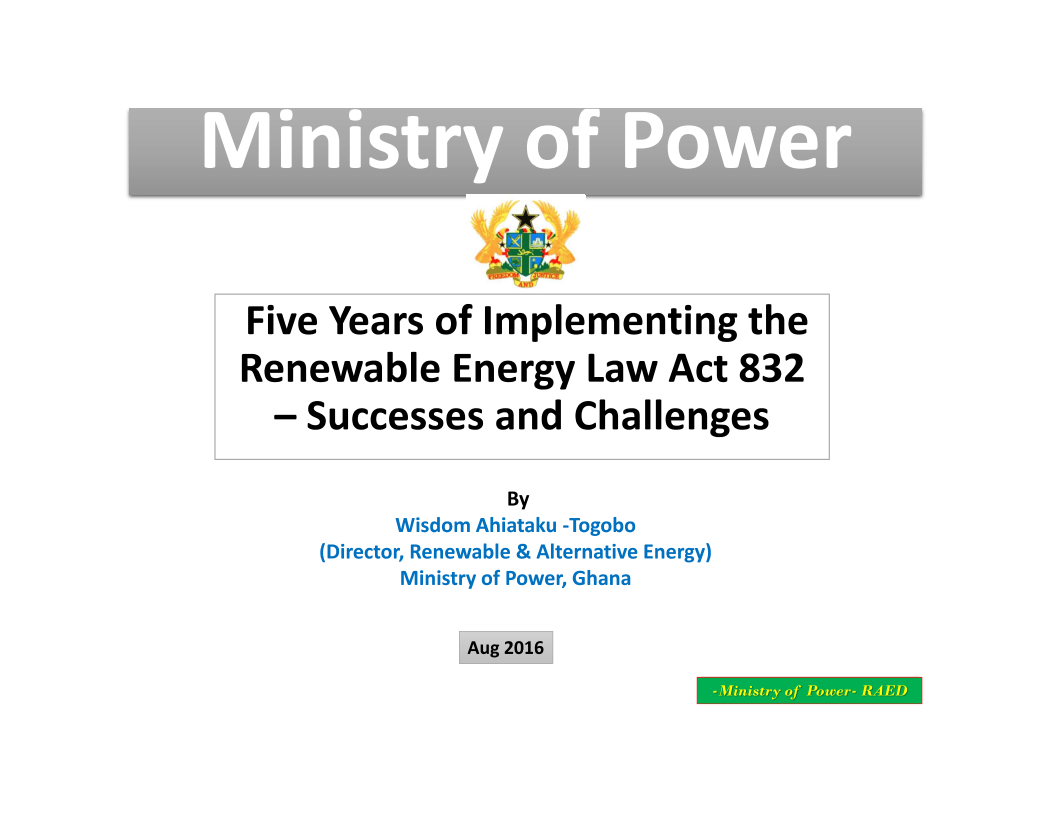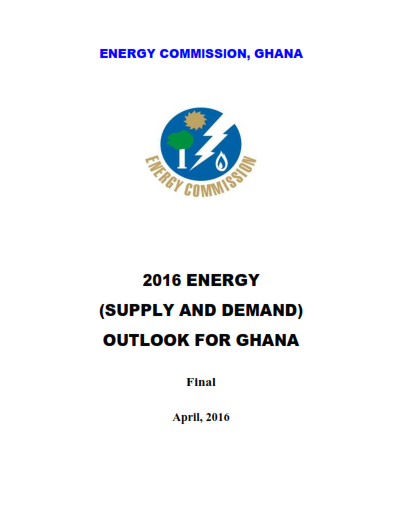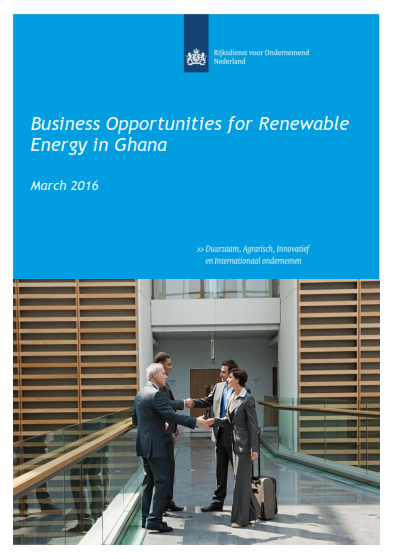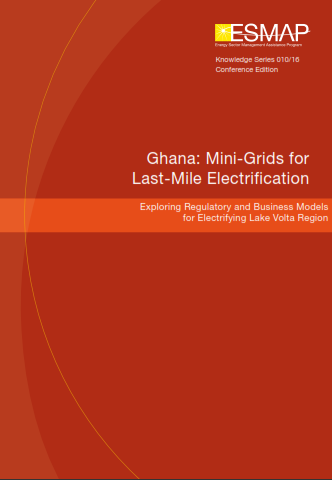Publication date: 2025
Author: Danish Institute for International Studies (DIIS)
Description: Despite Ghana’s explicit plans to deploy mini-grids for the electrification of off-grid and remote communities, progress has been slow. This paper explores how political dynamics and policy shifts have shaped the governance of mini-grids over time. It examines the evolution of mini-grids in Ghana in three phases: preliminary design stage (2007–2013); active implementation period, marked by policy modifications (2013– 2019); and subsequent consolidation under a predominantly public-led model post2019. Guided by an adapted political settlements framework and process tracing methodology, the paper argues that misalignment between the government of Ghana and donors over governance and ownership models, mediated by the country’s competitive clientelist politics, explains Ghana’s limited progress in the development of mini-grids. The paper provides nuanced insights into the complex ways transnational factors and domestic politics interact in shaping the development of mini-grids with wide implications for debates on energy governance and reform in sub-Saharan Africa..





